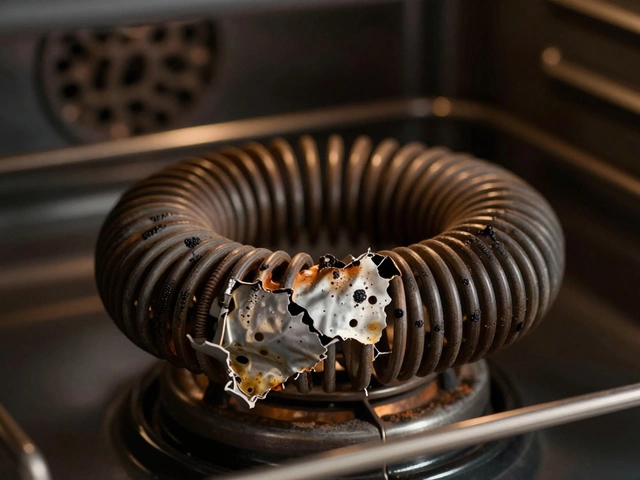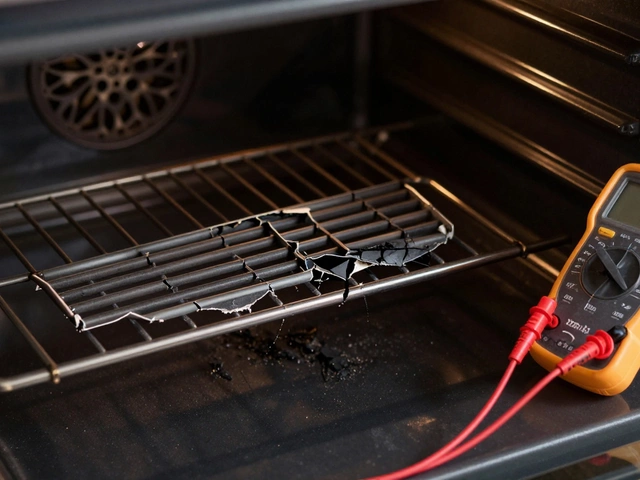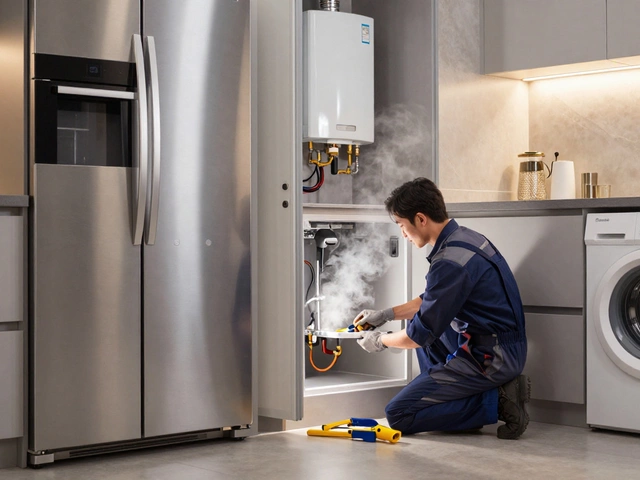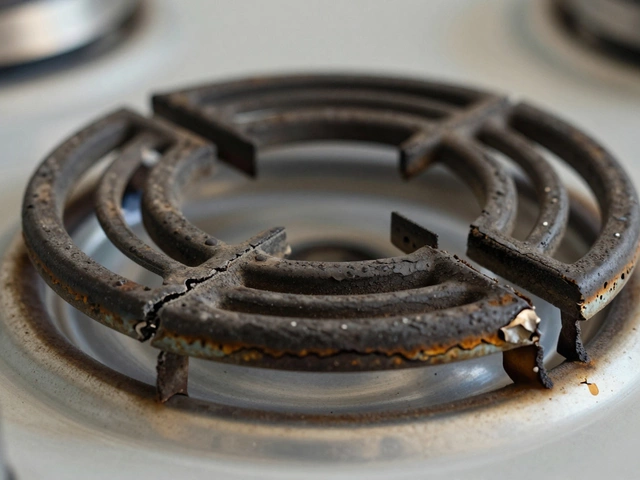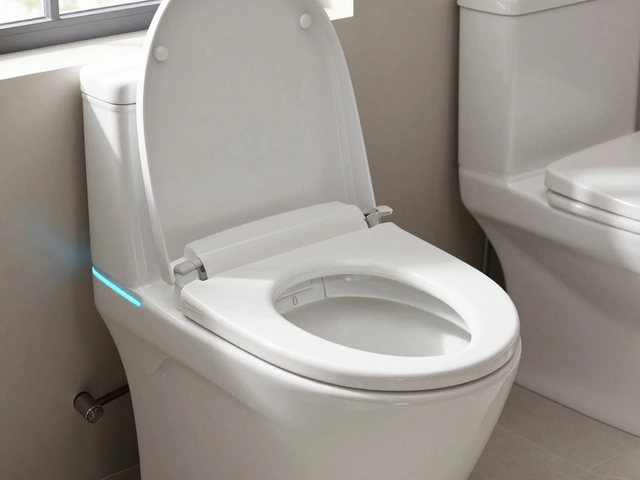Appliance Replacement: How to Decide If Repair Is Worth It
Staring at a broken oven, a noisy fridge, or a dishwasher that won’t start can be frustrating. Before you call a technician or head to the store, ask yourself a few simple questions that will tell you if a repair will save you money or if it’s time to replace the unit.
Check the Age and Typical Lifespan
Every appliance has a normal lifespan. Electric ovens usually last 15‑20 years, while microwaves average 9‑10 years. If your appliance is nearing or past its expected life, parts start failing more often and the cost of fixes climbs quickly. A quick look at the purchase receipt, warranty papers, or even the serial number can give you the model year. If the unit is older than the average lifespan, replacement is often smarter.
But age alone isn’t the whole story. A well‑maintained fridge that’s 12 years old might still run efficiently, while a brand‑new dishwasher could develop a faulty pump because of a manufacturing defect. Combine age with performance signs to get a clearer picture.
Identify the Problem and Compare Costs
Most repair jobs fall into two categories: cheap fixes (like a broken door seal or a blown fuse) and expensive overhauls (such as a compressor replacement or a control board swap). For example, a broken oven control board can cost anywhere from £150‑£300 to replace. If that price is more than 50 % of a new oven, think about replacement. On the other hand, swapping a cheap oven element or a dishwasher hose usually runs under £50 and is worth fixing.
Use a simple formula: add the estimated repair cost to the remaining useful years of the appliance, then compare that total to the price of a new model with similar features. If the repair cost plus a few years of use costs more than a brand‑new unit, replace it.
Don’t forget hidden costs. An old fridge with a failing sealed system may also need a new coolant charge, and that can add up fast. Similarly, a dishwasher with a broken pump often requires extra labor because the pump sits deep inside.
When Replacement Pays Off
High‑energy‑use appliances are prime candidates for replacement. A 10‑year‑old dryer or a 20‑year‑old electric oven can draw a lot of power, pushing up your bills. Modern units are designed to be energy‑efficient, and the savings over a few years can offset the upfront price.
Safety is another red flag. If you notice sparks from a microwave, a burning smell from a stove, or water leaking from a freezer, the risk of a hazardous failure outweighs any repair savings. In these cases, replace the appliance and avoid potential danger.
Finally, consider the availability of parts. Some older models have parts that are no longer manufactured. Even if you find a used part online, the time spent searching and the uncertainty of fit can make replacement a smoother option.
Bottom line: weigh age, repair cost, energy use, safety, and part availability. If the odds tip toward high expenses or risk, go for a new appliance. If the fix is cheap, the unit is still relatively young, and it runs well, a repair will extend its life without breaking the bank.
Need help deciding? Our local Hinckley technicians can give you a free estimate and honest advice, so you never have to guess whether to repair or replace.
29 May 2025
·
0 Comments
Wondering if your heat pump is on its last legs? This article breaks down the top signs that your heat pump might need replacing, not just a quick fix. Learn about weird noises, rising energy bills, and constant repairs. Get practical tips on recognizing when repairs just won't cut it anymore. Find out how catching these signals early can save you money and headaches.
Read more
2 May 2025
·
0 Comments
Is that broken cooker really ready for the scrap heap, or should you pay to fix it? This article breaks down when repair makes sense—financially and practically. Learn the warning signs, the costs, and how to avoid getting ripped off. Plus, discover when buying new is the smarter move for your kitchen. Cut through the confusion and get your cooking situation sorted, once and for all.
Read more



